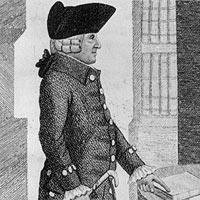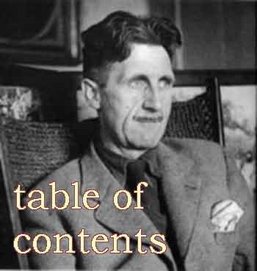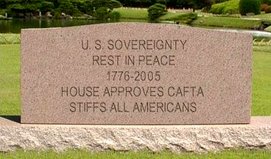
Illustration of Adam Smith, brilliant econonomist from Scotland. This Scott was instrumental in shaping "today's marketplace economy." Learn about your heritage and be proud of your heritage. I am proud to say that my ancestors came from Scotland. Preserve the future for your children by helping them to be proud of their European American heritage. Copied and pasted writing from Scotland link:
Adam Smith: founder of modern economic theory
Smith's writings are the basis for much of today's market economic theories
His breakthrough book promoted free trade as a means to prosperity
Smith was a leading figure in the Scottish Enlightenment
WILL SPRINGER
1723 - 1790
David Hume
Along with his contemporary David Hume, Adam Smith was one of the leading figures of the Scottish Enlightenment
KNOWN best among economists and philosophers who learned about him - and directly from him - in university, Adam Smith was one of the most influential members of the Scottish Enlightenment of the mid to late 18th century. His writings, some nearly 250 years old, are the basis for what is today’s marketplace economy.
Smith was born in 1723 in Kirkcaldy, Fife. Bright for his age, he attended the University of Glasgow at 14. In 1746, aged 23, he was giving lectures on rhetoric in Edinburgh and five years later returned to Glasgow to teach university courses in both logic and moral philosophy. Smith’s intelligence was beyond his years, his beliefs and thinking ahead of his time.
His greatest contribution to society was An Inquiry into the Nature and Causes of the Wealth of Nations, a breakthrough book that covered for the first time the role of self-interest and a better use of labour; the forces of supply and demand; the advantages of competitive business; and the implications of the laissez-faire economy. His book, published in 1776, was critical of the strictly regulated mercantilist system of many governments at the time. Smith described the principle of the “invisible hand” in which every individual is being led by an invisible force toward his or her own self good and that interference from government is a hindrance to success. He saw his principles as a means of reducing poverty, boosting prosperity, encouraging innovation and lifting social and moral progress.
The ideas in Smith’s book took ten years to research and write. They were developed through both his Scots friend and fellow philosopher David Hume and later his exposure to leading thinkers in France while he travelled the Continent as a personal tutor to the young Duke of Buccleuch. Although widely accepted by Smith’s intellectual peers, Wealth of Nations drew sharp criticism, most notably in Scotland by cotton and tobacco merchants fighting to save their once-profitable businesses. (Both commodities were brought to Scotland where they were processed and re-exported at a huge profit.)
Arguably Smith’s greatest followers were his countless students who learned first-hand about the complexities of political economics and moral philosophy and who put those beliefs into play. His thinking sparked debate on a free enterprise system - and lack of government control - that is still prevalent in most of today’s societies.
It is ironic that the then-warring nations of America and Britain have since embraced Smith’s theories to the greatest extent.
Smith became first noted for an earlier book. The Theory of Moral Sentiments (1759) successfully translated important theoretical works first introduced by his contemporaries and established Smith’s own teachings in ethical philosophy that became the framework to university lectures for many years to come.
In 1778, Smith was appointed commissioner of customs in Edinburgh before adding the honour of lord rector at the University of Glasgow. He died in 1790 and left a legacy as a brilliant thinker who helped bridge 18th century economic and social issues into a progressive and morally balanced system that societies learned to embrace.
This article: http://heritage.scotsman.com/timelines.cfm?cid=1&id=40812005








No comments:
Post a Comment